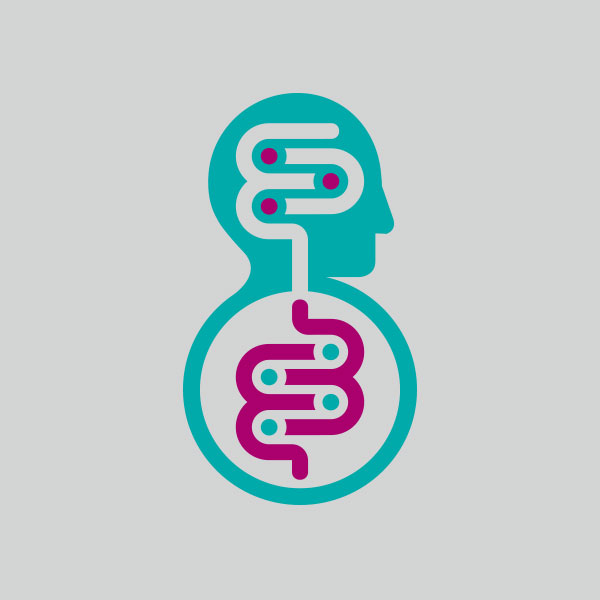Both negative and positive social experiences during sensitive life phases profoundly shape brain and behaviour. Current research is therefore increasingly focusing on mechanisms mediating the interaction between varying life experiences and the epigenome. Here, male mice grew up under either adverse or beneficial conditions until adulthood, when they were subdivided into groups exposed to situations that either matched or mismatched previous conditions. It was investigated whether the resulting four life histories were associated with changes in anxiety-like behaviour, gene expression of selected genes involved in anxiety and stress circuits, and arginine vasopressin receptor 1a (Avpr1a) gene methylation. Varying experiences during life significantly modulated (1) anxiety-like behaviour; (2) hippocampal gene expression of Avpr1a, serotonin receptor 1a (Htr1a), monoamine oxidase A (Maoa), myelin basic protein (Mbp), glucocorticoid receptor (Nr3c1), growth hormone (Gh); and (3) hippocampal DNA methylation within the Avpr1a gene. Notably, mice experiencing early beneficial and later adverse conditions showed a most pronounced downregulation of Avpr1a expression, accompanied by low anxiety-like behaviour. This decrease in Avpr1a expression may have been, in part, a consequence of increased methylation in the Avpr1a gene. In summary, this study highlights the impact of interactive social experiences throughout life on the hippocampal epigenotype and associated behaviour.
Publication information
Title: Impact of varying social experiences during life history on behaviour, gene expression, and vasopressin receptor gene methylation in mice
Authors: Carina Bodden, Daniel van den Hove, Klaus-Peter Lesch & Norbert Sachser
Journal: Scientific Reports
Year: 2017
